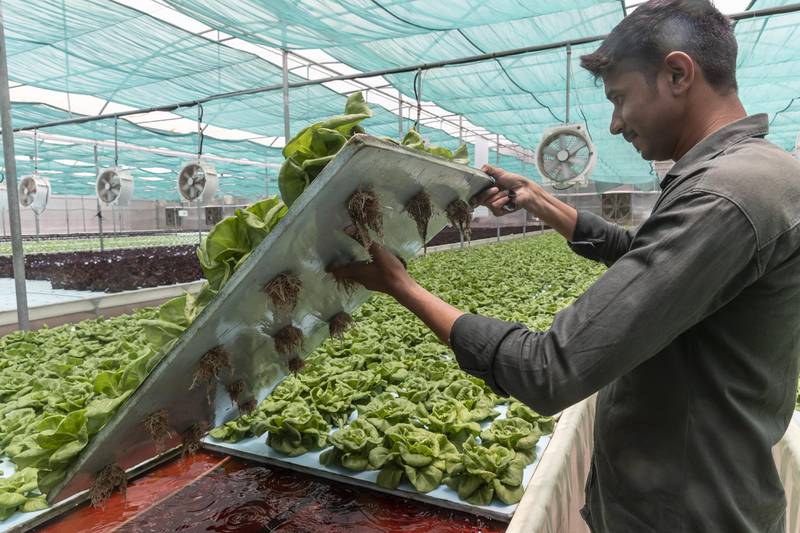
Sustainability in Farming.
Sustainability in farming is crucial for several reasons, as it has far-reaching implications for the environment, economy, and society. Here are some key reasons why sustainability is important in farming:
-
Environmental Conservation: Sustainable farming practices prioritize the conservation of natural resources such as soil, water, and biodiversity. By minimizing soil erosion, reducing water pollution, and preserving native habitats, sustainable farming helps maintain a healthy environment for current and future generations.
-
Soil Health: Sustainable farming techniques focus on building and maintaining soil health. Healthy soils are essential for crop growth, as they provide essential nutrients and support soil organisms that contribute to nutrient cycling and plant health. Sustainable practices like crop rotation, cover cropping, and reduced tillage help prevent soil degradation.
-
Water Management: Sustainable farming aims to use water efficiently and responsibly. Through practices like drip irrigation, rainwater harvesting, and water recycling, farmers can reduce water wastage and alleviate the stress on local water supplies. This is especially important in regions with water scarcity issues.
-
Reducing Chemical Use: Sustainable farming encourages the reduced use of synthetic chemicals, such as pesticides and fertilizers. This not only reduces the risk of chemical contamination in food and water but also helps protect beneficial insects, pollinators, and other wildlife.
-
Biodiversity Conservation: Sustainable farming practices promote biodiversity by providing diverse habitats for various plant and animal species. This helps maintain a balanced ecosystem and can reduce the need for chemical pest control methods. Preserving biodiversity also contributes to the resilience of agricultural systems in the face of climate change.
-
Climate Change Mitigation: Agriculture is both affected by and contributes to climate change. Sustainable farming practices, such as agroforestry and carbon sequestration, can help mitigate greenhouse gas emissions and reduce the carbon footprint of agriculture.
-
Economic Viability: Sustainable farming can lead to economic stability and resilience for farmers. By improving soil fertility and reducing input costs, sustainable practices can enhance crop yields and long-term profitability. Additionally, sustainable farming practices often align with consumer preferences for environmentally friendly and ethically produced food, potentially leading to higher market demand and better prices for farmers.
-
Food Security: A sustainable farming system is more resilient to environmental shocks and disruptions. By diversifying crops and employing sustainable techniques, farmers can better withstand extreme weather events, pests, and diseases, contributing to food security on a global scale.
-
Social Well-being: Sustainable farming practices often prioritize fair labor practices and community engagement. This can improve the quality of life for farmworkers and local communities, fostering social cohesion and reducing poverty in rural areas.
-
Long-Term Viability: Sustainability in farming is about ensuring that agricultural practices can be maintained over the long term without depleting resources or causing harm to the environment. This long-term perspective is essential for the well-being of future generations.
In conclusion, sustainability in farming is not just an environmental issue; it encompasses economic, social, and ethical dimensions. By adopting sustainable farming practices, we can address current challenges while ensuring that agriculture remains viable and resilient in the face of future uncertainties. It is a path toward a more balanced, harmonious, and enduring relationship between humanity and the natural world.
